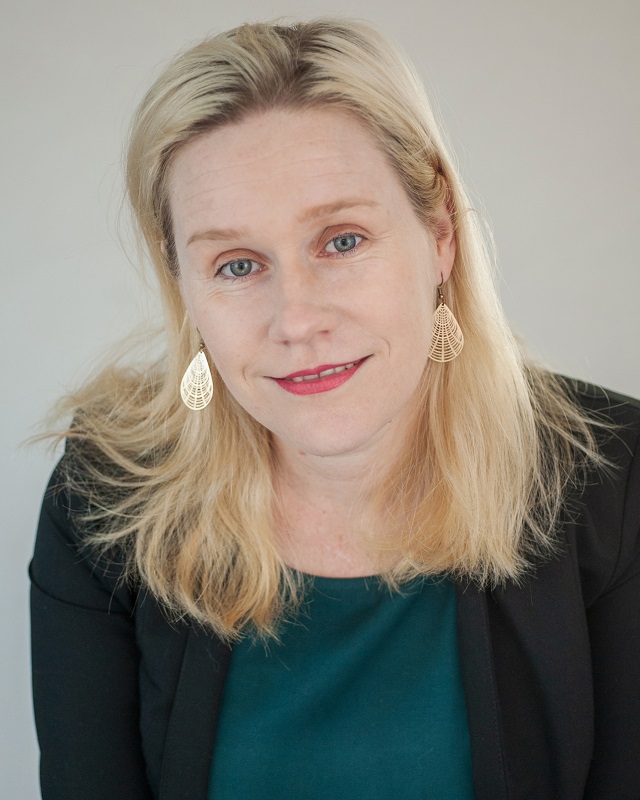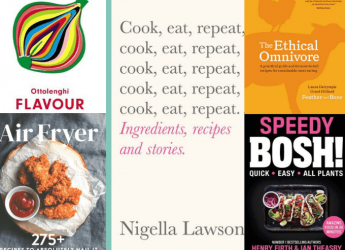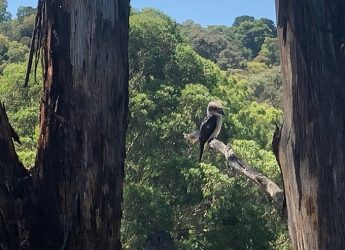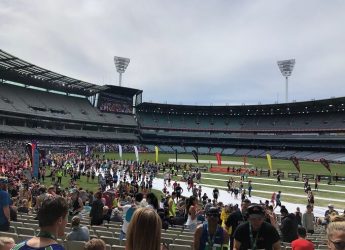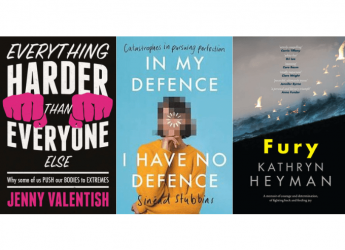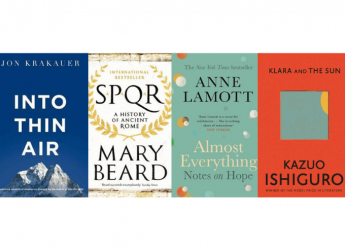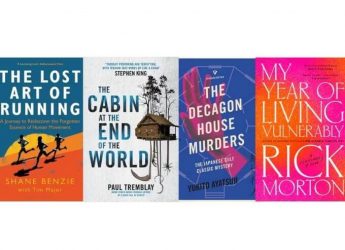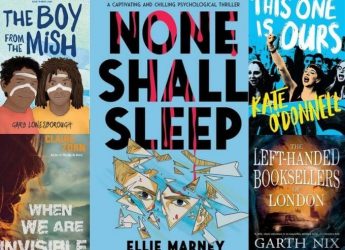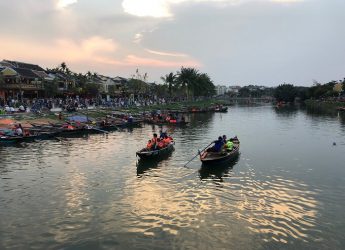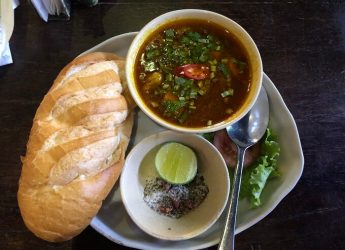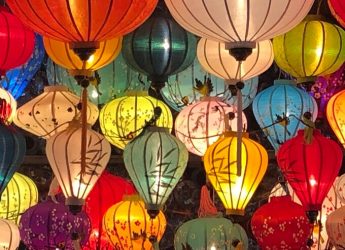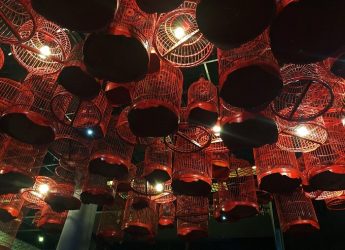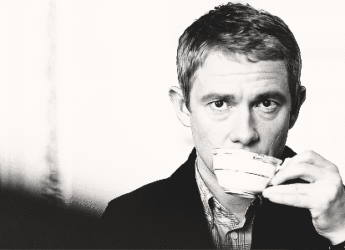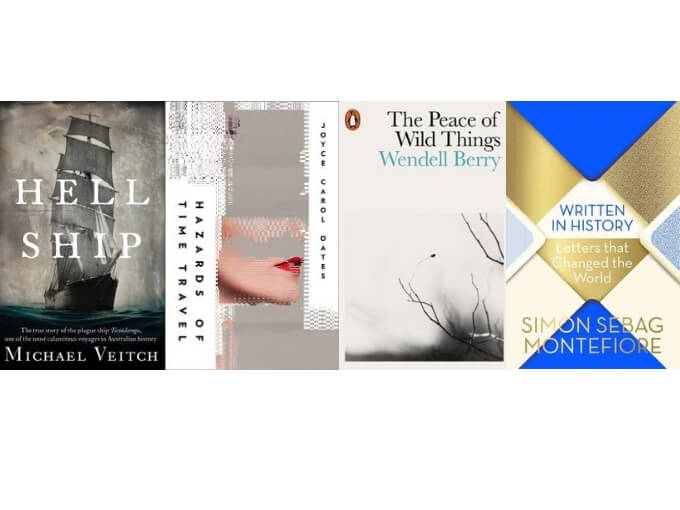
Two things stood out about this first title when I first saw it on the bookstore shelf before Christmas. First the title – Hell Ship – in that evocative block font and the author, Michael Veitch, who I’d known best from 80s and 90s sketch comedies. This book is a well-done and thoroughly researched account of the ship Ticonderoga and its disastrous journey to Australia in 1852. Veitch’s ancestor was a doctor on board and came to play a critical part in helping the passengers through an outbreak of typhus, while also meeting his future wife. Veitch is forthcoming in admitting that there is very little left (or ever written) in the form of primary accounts like diaries from the trip, but I think he does well in explaining the kinds of horrors that would’ve been endured – and the public shunning of the survivors once they were eventually allowed onto land at Melbourne. I personally was interested in discovering more about the emigrants onboard – especially those affected by the Highland Clearances. I have the television show Outlander to thank for what little awareness I had about that horrible time of displacement – and also, in season 3 of that show, the main characters travel on a ship struck with typhoid. (Not the same thing as typhus, I’ve discovered.)
Written in History: Letters That Changed The World by Simon Sebag Montefiore is a book that suffers only slightly from its hyperbolic title. (For not all of these letters changed the world.) Some are weird, rude, witty, erotic, curious and downright cringe-worthy and, naturally, they were the ones most fun to read. Like T.S Eliot’s rather patronising letter to George Orwell in 1944 rejecting his manuscript for Animal Farm: “… we have no conviction… that this is the right point of view from which to criticise the political situation at the present time”.
There are some real gems in this collection: a letter to Marie Antoinette from her mother, basically telling her daughter to pull her head in before she alienates everyone (oh dear…) and an extraordinary, harrowing, detailed description of what a breast mastectomy in 1812 with no anaesthetic felt like, written by the patient herself, Fanny Burney.
The Peace of Wild Things by Wendell Berry is my ‘get to know a new poet’ find of the month. Of course, Berry himself is hardly new, rather one of America’s most established poets. This book is a collection of previous works, some date back into the mid-1960s, so, in some way, I feel like it’s an accelerated introduction. His work has been described as ‘Wordsworthian’ as to his purpose, and it’s an appropriate comparison, both interested in nature as they are. However the poems I found most affecting were those that reflect on ageing – basking in happiness at his long marriage and ruminating over what world his adult children are inheriting. I think my favourite is ‘Our Children, Coming of Age’ (you can read it here)
Finally, I’ve just started Hazards of Time Travel by Joyce Carol Oates. A dystopic novel set in a totalitarian regime, where those who would challenge the government are either killed or sent back in time to serve penance, and what happens to a teenage girl who receives the latter sentence. Oates’s prolificness and skill continues to astound me.
What are you reading this month?




